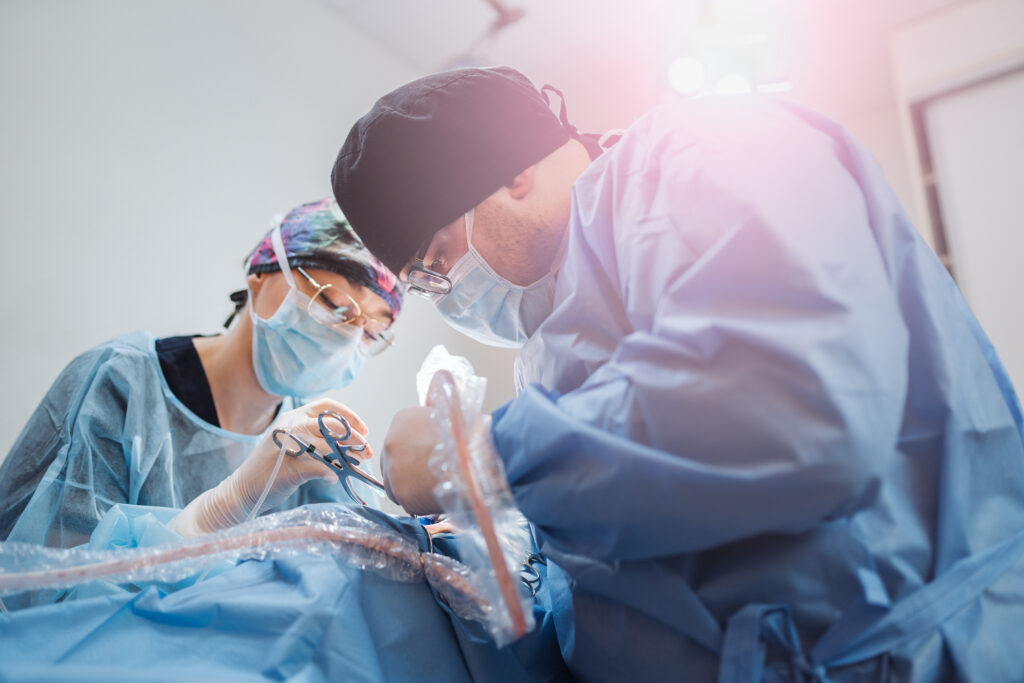The December 2024 issue of Oral Oncology has an article co-authored by three members of the Department of Otolaryngology-Head & Neck Surgery at the University of Pittsburgh, along with colleagues from the University of Michigan.
“Oral cavity obliteration is a novel predictor of functional outcomes after glossectomy reconstruction,” looks at a novel way to measure functional outcomes in patients undergoing tongue surgery.
As the abstract states, “The primary goal for reconstruction of oral tongue defects is to improve speech and swallowing. The purpose of this study is to present a new reconstructive metric that uses volume displacement to measure oral cavity obliteration and correlate this metric to outcomes of speech and swallowing.”
The study looked at 47 patients who underwent resection and primary closure or free-tissue reconstruction of oral tongue defects.
“When reconstructing a tongue, the goals can be simple,” said Matthew E. Spector, MD, FACS, Division Chief, Head and Neck Surgical Oncology & Microvascular Reconstruction, one of the co-authors along with Kevin Contrera, MD, MPH, and Shaum Sridharan, MD. “We want to maintain the elevation and protrusion of the tongue, allow for the movement of liquids and food from front to back, and be able to obliterate the entire mouth with the tongue, which helps push the food bolus back for swallowing.”
Obliteration has not been easily measured. The team developed a simple tool to measure it or how well the tongue was able to push back food/liquids. Furthermore, they were able to correlate this with a good outcome, whether it was speech efficiency, range of food eaten, or speech understanding.
“This study gives surgeons metrics to be able to rebuild a tongue to have the best functional outcome,” Dr. Spector said.
The University of Pittsburgh team would love to meet patients who are considering surgery on their tongue for cancer or other reasons and evaluate them for reconstruction. To make an appointment, call 412-647-2100.
